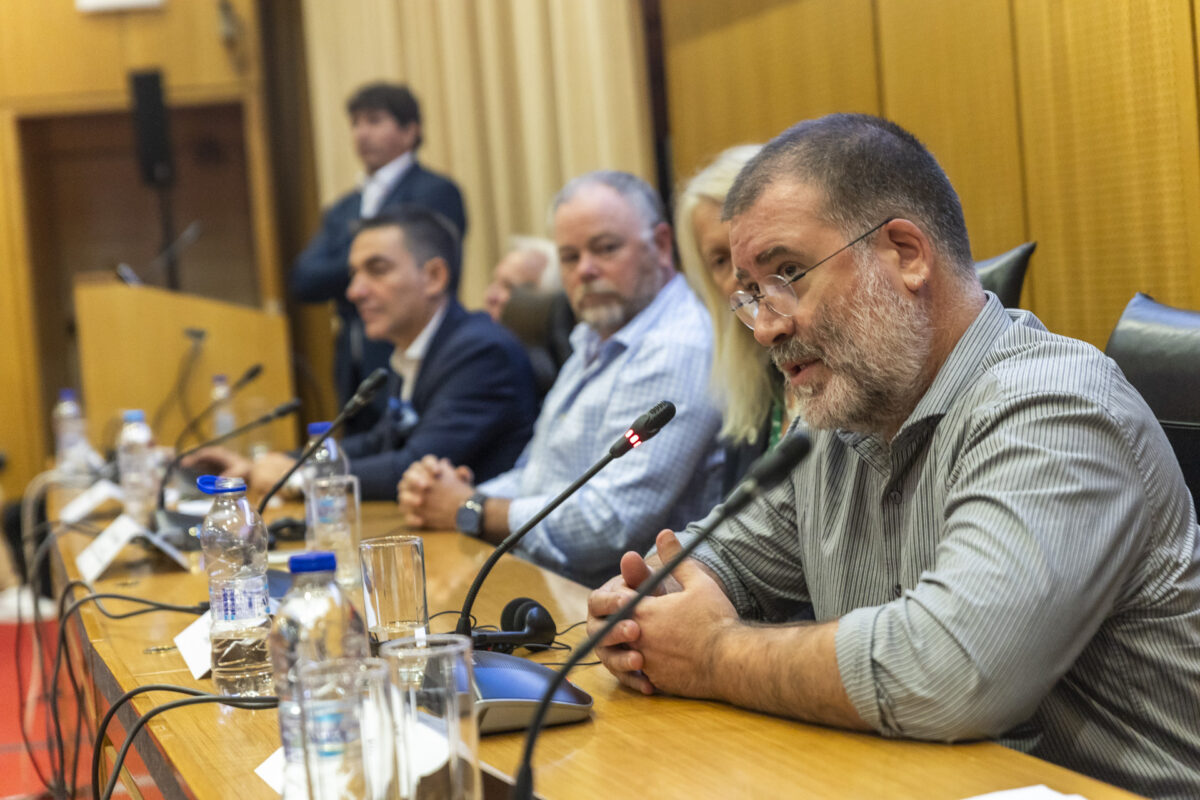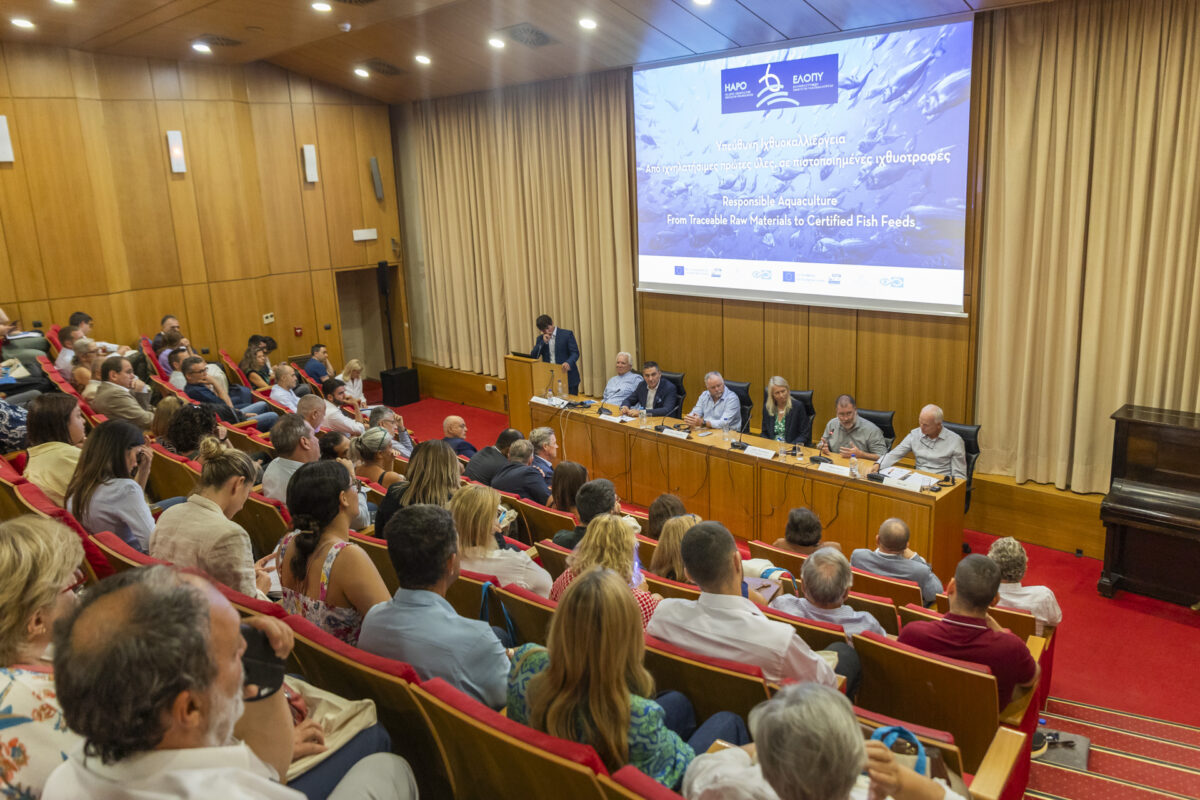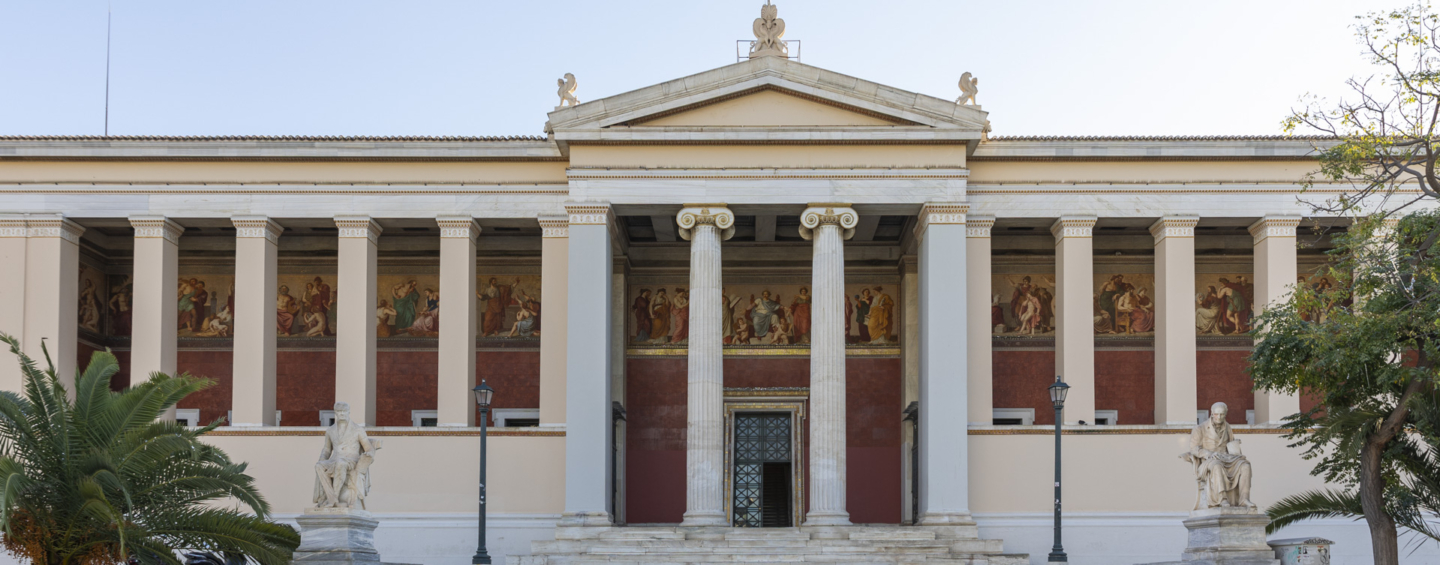In mid-September, I had the opportunity to visit Greece on behalf of SFP. Most of what I knew about Greece came from “Clash of the Titans” or Percy Jackson, so I was pleasantly surprised to learn that Greece is a leading producer and exporter of seabass and seabream. The country produces just over 150,000 tons of farmed seafood annually, with a value of 775 million Euros (USD 910 million). Farmed seafood accounts for two-thirds of Greece’s total seafood production.
As with other parts of the world, aquaculture in Greece is not without its challenges. In June 2025, a group of NGOs published a report linking feed used in Greek aquaculture to small pelagic fisheries in West Africa and associated environmental and social concerns. In July, the University of Oxford released a study raising concerns around the impacts of fish farming on endemic varieties of seagrass in Greece. And in August, the Greek government not only blocked a large farm expansion project around the island of Poros (which had faced strong objections from the local community), but also announced an overhaul of a 2011 law that established a national plan and framework to significantly expand fish farming.
Coming together to find a way forward
Against this backdrop, the Hellenic Aquaculture Producers Organization worked with MarinTrust to organize a half-day workshop on responsible aqua feed. The workshop included presentations by several members of the MarinTrust Governing Body Committee, representing IFFO, the Global Seafood Alliance, and SFP, along with representatives of Greek industry. This was followed by a lengthy panel discussion and Q&A session. The workshop was opened by a senior Greek government official and was very well attended, including by several journalists.
When I was first invited to participate, I assumed my role would be my “usual spiel,” sharing the results of SFP’s recent reduction fisheries report and the importance of supporting fishery improvements. But as I worked with the organizers and learned more about the challenges mentioned above, I quickly discovered I had a larger role to play.
For my presentation, I was asked to speak about seafood business accountability. I took the chance to tell the story of SFP and how we engage industry at different levels, including corporate partnerships, Supply Chain Roundtables, and on-the-ground fisheries engagement. I highlighted the expectations we have for our partners and our goal of getting them even more engaged in collaborative management. I also highlighted the growing need for human rights due diligence and rising investor expectations, as captured in various new seafood-specific ESG reporting frameworks.
A different kind of NGO
During both the panel discussion, as well as informal conversations before and after the workshop, I found myself talking a lot about NGOs. With some long-standing challenges in the aqua sector, the relationship between Greek industry and NGOs is pretty acrimonious, and there is a fundamental lack of trust. Many people from the Greek industry were surprised to learn that an NGO like SFP – a group that meets industry where it is and tries to work with companies to fix problems – even existed. So people were impressed that SFP is coming up on our 20th anniversary. They were intrigued to hear about the long collaboration between SFP and MarinTrust and curious to learn more about future plans captured in the MOU our organizations signed the day before the workshop.
In the Q&A, I found myself talking less about fishmeal and more about my 30+ years working for various conservation NGOs and the need for engagement. NGOs come in all different types and have a range of approaches; that’s certainly been the case with my career. Most NGOs care passionately about protecting the planet and helping people, and that is certainly true for me and my colleagues at SFP. And while some NGOs might never come to the table or change their minds, there is value in dialogue, and working together often results in better outcomes and fewer arguments. From the nodding heads around the room, I am cautiously hopeful that folks left the workshop willing to try something different.



